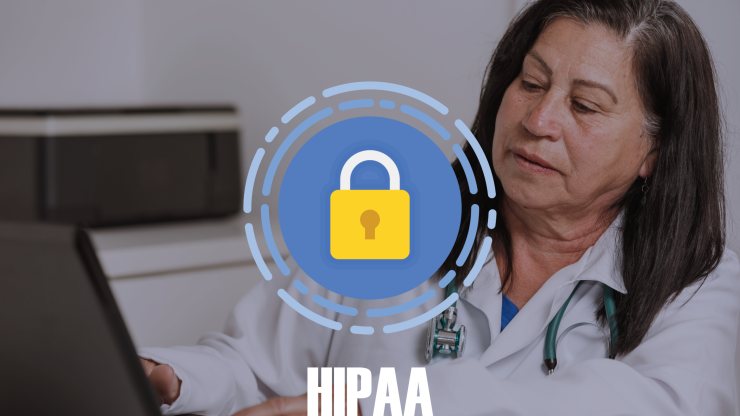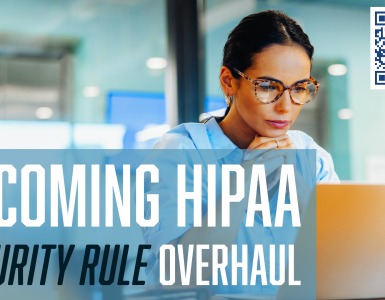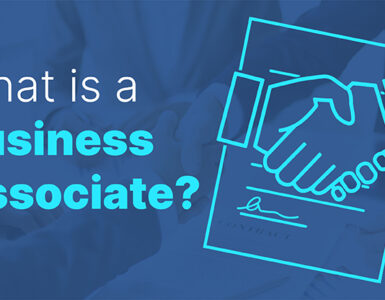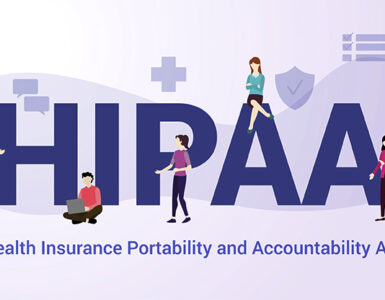Securing Patient Data: New HIPAA rules explained for Small Clinics in 2025
Electronic records have changed the face of healthcare. For patients, they mean faster service, better coordination, and safer treatment. For doctors and nurses, they simplify charting and make it easier to track progress. For clinics, they help manage patient care more efficiently while improving access to data across departments.
But with this progress comes the risk of data exposure. Protected Health Information (PHI) is one of the most sensitive types of data, and any leak – intentional or accidental – can hurt both patients and the organizations that serve them.
That’s where HIPAA steps in.
The Role of HIPAA in Modern Healthcare
The Health Insurance Portability and Accountability Act (HIPAA) was designed to ensure that patient data flows securely and smoothly through the healthcare system. It helps providers share information while keeping it protected.
Over time, as technology evolved, HIPAA also adapted. But 2025 marks a major shift in the rulebook. This year’s proposed changes aim to close serious gaps in cybersecurity and improve how small clinics and large hospitals manage digital data.
New HIPAA Proposals: What’s Changing in 2025
Here are some of the top developments clinics should be aware of:
- Encryption and Multifactor Authentication: HIPAA rules require all electronic PHI to be encrypted and encourages systems to have multifactor login systems. This means no more single-password access for sensitive data.
- Annual Risk Assessments: Clinics will need to review and document security risks at least once a year. This isn’t just a checkbox exercise – it’s a detailed review that must lead to actual security improvements.
- Asset Inventories: Clinics must track every device or system that handles PHI. This includes computers, tablets, and even cloud systems.
- Data Backup and Recovery: HIPAA updates now ask for tested recovery plans that can restore data quickly in case of cyberattacks or data loss.
- Policy Reviews: Security policies must be updated regularly and enforced. Clinics can no longer afford to run on outdated IT protocols.
- Security Training: Every staff member – from front desk to physicians – needs to understand how to protect patient data. Training is no longer optional; it’s a requirement.
- Stronger Accountability: The Department of Health and Human Services (HHS) is introducing stricter reporting and enforcement rules.
These changes respond to a surge in healthcare data breaches, including high-profile ransomware attacks like the one that recently hit DaVita Dialysis Centers. The healthcare industry is a top target for hackers, and the government is stepping in to raise the bar.
Small Clinics Face Big Challenges
While large hospitals may have dedicated IT teams, smaller practices are often stretched thin. Many rely on basic EMR platforms and assume that HIPAA compliance is built in. That’s a risky assumption.
As HIMSS pointed out in a recent statement, these new requirements could overwhelm small clinics. Multifactor authentication, encryption, backup systems, and regular audits all cost time and money.
But the alternative – fines, lawsuits, or loss of patient trust—is even more costly.
How Clinics Can Stay Compliant and Protected
The first step is awareness. Every clinic leader should understand what the new HIPAA rules mean for their daily operations. From front-desk computers to mobile devices used by doctors, every part of the clinic is in scope.
The second step is training. Every staff member should know the basics of:
- Password hygiene
- Recognizing phishing emails
- Proper handling of printed and digital PHI
- What to do in case of a suspected breach
Training empowers your team to avoid common mistakes and respond quickly when issues arise.
emPower’s HIPAA and Information Security Catalog
At emPower eLearning, we offer a full catalog of HIPAA and information security training courses. These courses cover:
- HIPAA Privacy and Security Rules
- Handling of sensitive data
- Internet, email, and device hygiene
- Incident response protocols
Each course is updated regularly to meet the latest federal standards – including the new 2025 proposals.
Our LMS: Your Partner in Managing Compliance
emPower’s LMS makes it easy to assign, track, and report training across your clinic. Whether you have 5 employees or 500, our platform:
- Sends automatic reminders
- Tracks course completion
- Provides detailed audit trails
- Generates compliance reports for internal or external audits
You’ll always know who’s trained, what they learned, and when they need a refresher.
The Real Goal: Better Patient Care and Higher Trust
Compliance is not just about avoiding penalties. A well-trained staff creates a safer, smoother experience for every patient who walks through your doors. It also builds trust – patients want to know their data is safe and handled with care.
In a world where one data breach can destroy a clinic’s reputation, the smartest move is to invest in prevention. Training your staff and updating your systems doesn’t just check off a regulatory box – it shows your patients and your community that you take their care seriously.
With the right tools and training, even the smallest clinic can meet HIPAA’s high standards and deliver top-notch care.
Need help getting started? Contact emPower eLearning today to explore our HIPAA training catalog and see how our LMS can support your compliance efforts.






